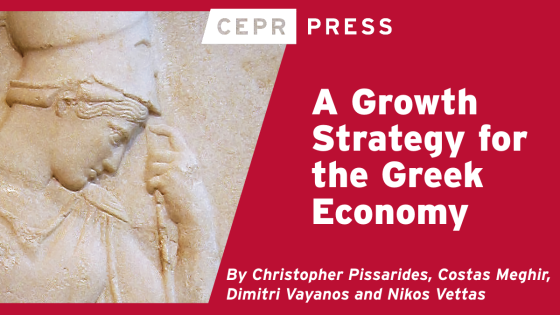DP804 Financial Openness and the Effectiveness of Capital Controls in Greece
The paper discusses the process of financial liberalization in Greece and the impact it is likely to have on the conduct of monetary policy. To examine the effectiveness of exchange rate controls in Greece during periods of intense downward pressure on the drachma, we study the behaviour of onshore/offshore interest rates in 1989. The experience of this period supports the hypothesis that capital controls insulate domestic interest rates from the full impact of expectations of a drachma devaluation. Another aspect of financial liberalization relates to the responsiveness of domestic authorities to monetary developments worldwide. To assess this, we examine the degree to which Greek authorities, in determining domestic interest rates, responded to the behaviour of interest rates abroad. We find that Granger-causality tests support the hypothesis that the domestic three-month Treasury bill rate is influenced by three-month foreign euromarket interest rates.

